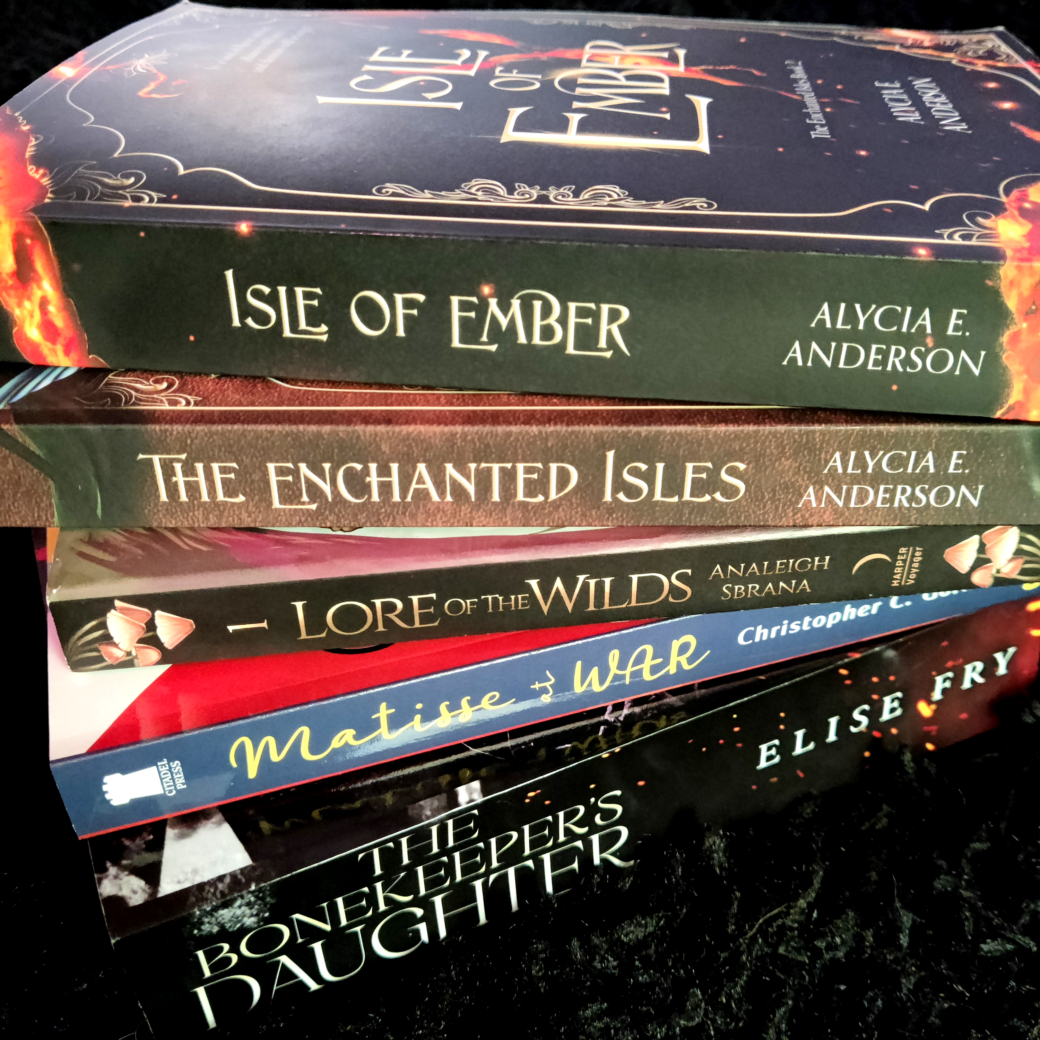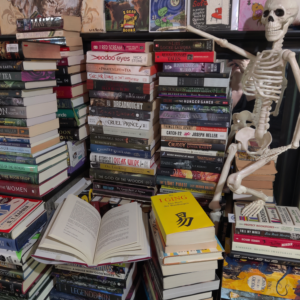AUGUST 30, 2025
I think most people who enjoy reading have wondered at least briefly whether they could turn the pastime into a full-time job. After all, publishing is an entire industry that needs people at every level. A lot of those levels requires copious amounts of reading. So, the short answer is yes, professional reading is a real option.
The slightly longer answer is that although these are dream jobs for a lot of people, they’re still jobs. There are downsides or challenges in every type of employment. I personally do a few types of reading at a professional level. I want to share my inside perspective of what these jobs really look like along with some tips for getting started if you decide it’s a route you want to explore further.
The Downsides
Of course, if professional reading was all enjoyment, none of these would be real job options. None of them would pay a penny to anyone. Truthfully, that’s the first big drawback.
- It’s not a lot of pay.
Following the path outlined here, the pay at the start mostly comes in the form of free books. The financial compensation is rare at first, and negligible amounts for hours after hours of work. If you want to turn it into a living, you’ll need to put in a lot of hours and effort to establish yourself. Some people will never make any money from this. However, if you read enough, unlimited free books adds up. - You won’t love every book.
When you’re reading for fun on your own time, no one cares if you choose not to finish a book you’ve started. On the other hand, once you’ve made a professional commitment, it’s a bit different. Depending on the type of work and/or contracts involved, it could mean anything from lower priority on future opportunities to forfeiting any payment on the time you’ve already put in. The better your track record, the more likely you are to receive the books you want most. It’s up to you if it’s worth muddling through some mediocre books first. Then again, those with social anxiety may struggle more with those when it’s time to give feedback. - You might be adding stress instead of alleviating it.
If reading is how you relieve stress at the end of your day, you may want to reconsider taking the relaxation out of it. If you want to zone out and just vibe your way through the story, I’ll tell you now, that’s insufficient for professional reading. There will be deadlines and other expectations. At the most laid-back, you’ll still need to be taking notes. I personally usually enjoy reading thoroughly and critically. If you don’t, you may prefer keeping it as a hobby. - You’ll need to put in a lot before you’ll see results.
It does get better, but not immediately, and not without effort. Just like every industry, the most exciting opportunities are highly competitive. If you want to be considered for these, you’ll have to prove you’re serious. That means having a resume or portfolio of completed work. The more quality work you put out on time, the better your future opportunities.
If you’re still thinking it doesn’t sound so bad, I’m with you. That’s where my discouragement ends. I actually enjoy doing this a lot, and I’ve met plenty of others who feel the same.
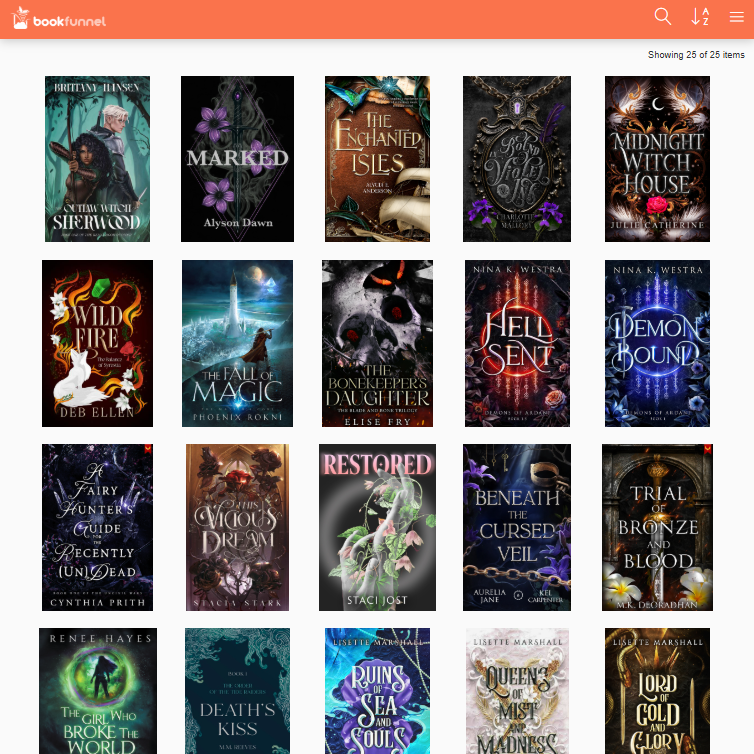
Types of Professional Reading (That I Do)
These are not the only jobs out there where reading is a primary component. They’re just the ones I can advise on. That being said, let me break down the differences in the types of professional reading.
Book Reviewing & ARC Reading
Out of the types of professional reading I do, this type is the easiest to break into. It can also serve as a stepping stone to the others.
You don’t need any credentials to start reviewing books. All you have to do is write up your opinion of a book that you’ve read. Posting that review online in spaces like bookstore websites (like Barnes & Noble) or review hubs (like StoryGraph) helps authors and their publishers by increasing engagement and awareness of the book. For that reason, they’ll often offer incentive for you to do so with books they’re trying to build more buzz around. This happens occasionally with books already on the market and not attracting the desired amount of attention. Before publication, the first round of reviews come from those who received Advance Reader Copies (ARCs).
There’s one quick note I want to make. At least in the US, it’s not legal to pay someone for a positive review, but you can get paid for an honest review. That’s why a lot of review opportunities compensate only with a free copy of the book; there’s no guarantee you’ll like the book. However, the point is to connect the book to readers who will enjoy it. If you’re able to do that regardless of how well you personally connected to it, more opportunities open up.
Another factor that can be helpful is growing a social media following where you post your reviews. The more eyes you’re getting on your bookish opinions, the more attractive you’ll be to authors and publishers.
For ARCs, I’d recommend starting with NetGalley. They have a “Read Now” section of titles that don’t require an application approval. That will allow you to start building up a few examples of your work without risk or waiting period. The Nerd Fam requires applications for all their titles, but they have the added benefit of a phenomenal community. They’re incredibly helpful and supportive, and also just fun to chat with. BookSirens has a whole range of books from “Read Now” to paid opportunities, and also includes already-published books.
Online Book Club features books that have already been published, and a good number of them are paying opportunities. These payments start as low as $5 per review and they have very specific criteria for what those reviews cover. If you consistently score well on your reviews (determined by review quality and engagement), you become eligible for higher pay.
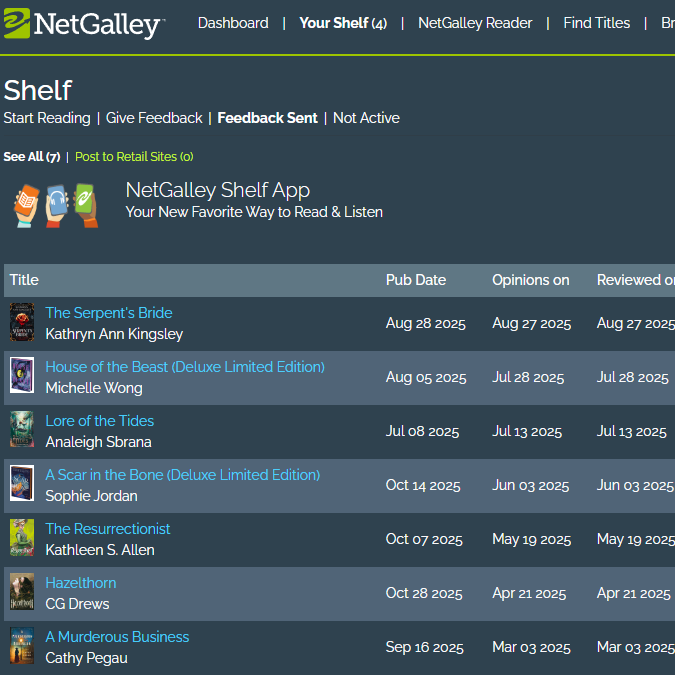
Beta Reading
If you’re more introverted, or prefer a smaller online presence for any other reason, beta reading may be more your speed. When I beta read, I work directly with the author, and there’s no expectation that I’ll advertise the work. In fact, it’s very rare for me to disclose titles or authors I’m working with until after the project’s publication.
Beta reading entails reading through the work and proving detailed feedback directly to the author or publisher. This helps them ensure the project is being interpreted by readers as intended. Typically, this happens before the final round(s) of editing to help them figure out if any developmental edits (changes to characters/plot/world/voice/etc.) are needed, or if it’s ready for its final cleanup before release. They’re looking for reader reactions such as whether characters are likeable or if any plot points are confusing. Your notes will need to be extremely thorough – even more so than when writing reviews.
Programs like Google Docs or StoryOrigin are great for this because you can leave notes directly on the text that will be privately shared with the owner of the document. StoryOrigin has a lot of other tools as well to help connect readers and authors. (You can also find ARC reads there too).
There is no marketing skill needed for this job beyond marketing yourself for the position. To get the job in the first place, there’s usually some networking required. The person hiring you needs to know you exist in order to do so. One way to get that attention is by ARC reading and reviewing on social media, and being active in bookish spaces online. Several authors I’ve beta read for were ones I met when ARC reading one of their prior books.
Another great place to meet writers who need beta readers is in writing groups. This tends to be a good avenue if you’re also a writer and become active in the group. More often than not, these will be exchanges rather than paid opportunities, but it can allow you to build a portfolio or gain testimonials you can show to potential future clients. Entering these groups like a walking advertisement for your paid services is typically frowned upon. The idea here is to form relationships and build your experience, not to barge into someone’s space and sell to them.
Proofreading
Proofreading treads a fine line between professional reading and editing. This is not for casual readers or skimmers. For this one you need to have an unshakable understanding of spelling, grammar, and formatting. You need to be able to spot minute details and be familiar with industry standards. It’s essential to know expected formats and layouts in various forms of publication and their different stages.
While authors and publishers appreciate it when ARC readers let them know about typos and other small errors, they are not expected to find them all. Proofreaders are. A proofreader should be able to find every single comma out of place or extra space between words. This is not the same as copy editing, however. Proofreaders will not suggest changing wording or details to enhance or clarify the writing. Their job is purely to hunt down and correct errors. Creative decisions are not errors.
I do some editing as well, but that’s another post entirely. The way that I got into proofreading is through ARC and beta reading. I went to college for Creative Writing, and I have very sharp eyes. Authors and publishers were always appreciative when I found their typos before publication. The more I found, the more I earned a reputation for it. Bringing my skills into the writing and editing process earlier meant more time to make corrections before release.
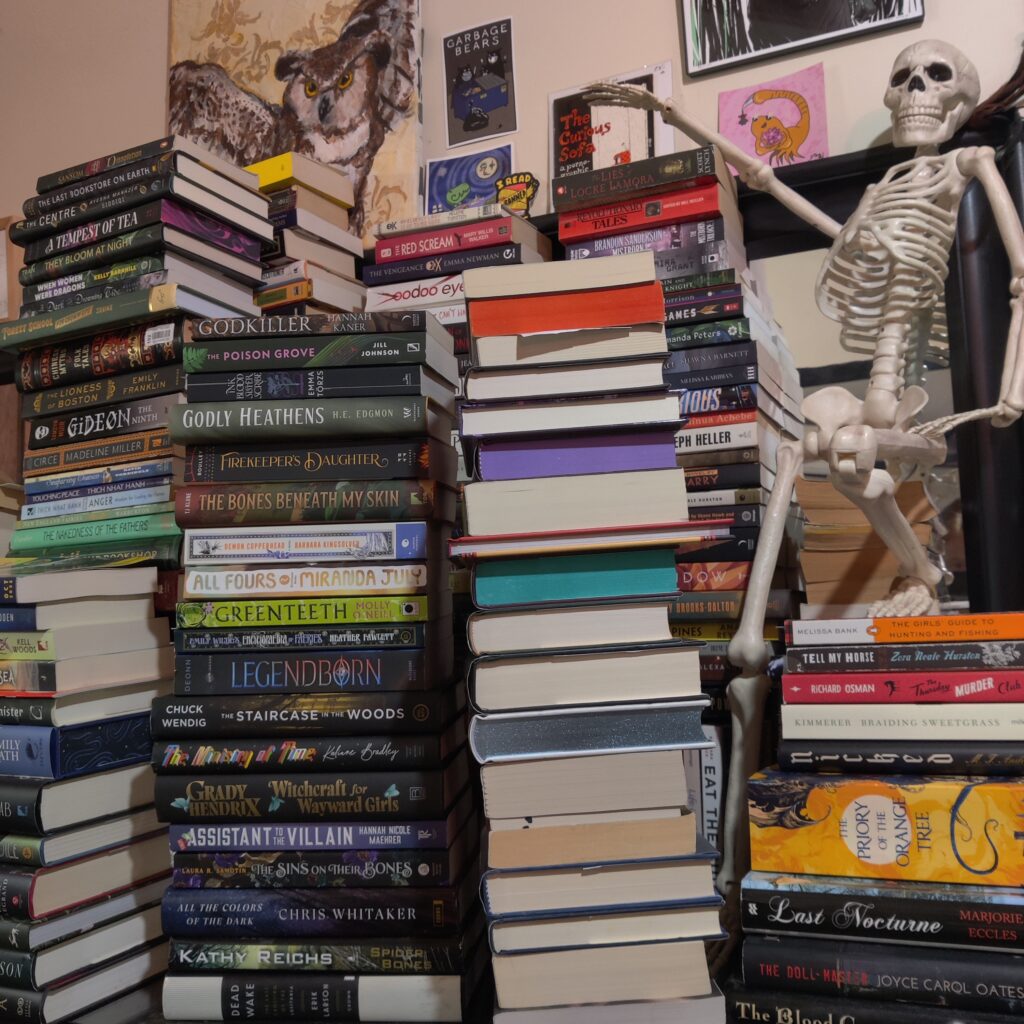
Professional Reading as a Career
You have to enjoy this work in order to make it a career you can thrive in. I’m getting close to the one-year mark of my first ARC read, and taking it more seriously for maybe half that time. In terms of pay, it’s still not my primary means of income. I still earn significantly more through web development and writing web content. Yes, the gap is closing over time, but I could not have quit the job I already had to do this. You shouldn’t either.
If you can treat it like a hobby at first, I recommend getting into it for the free books. Do this because you want to read the books earlier than everyone else gets to. Do it for the love of reading. Don’t get into anything related to literature professionally because you think it’ll get you rich with little effort. It won’t. You have to love the job first and foremost or it’ll burn you out in a blink.
If you’re a writer in need of my services, you can reach out to me on my social media linked in the header and footer. I will soon be adding a page where you can submit your requests directly through my website. Once that’s live, I will update this post to add the link here.
